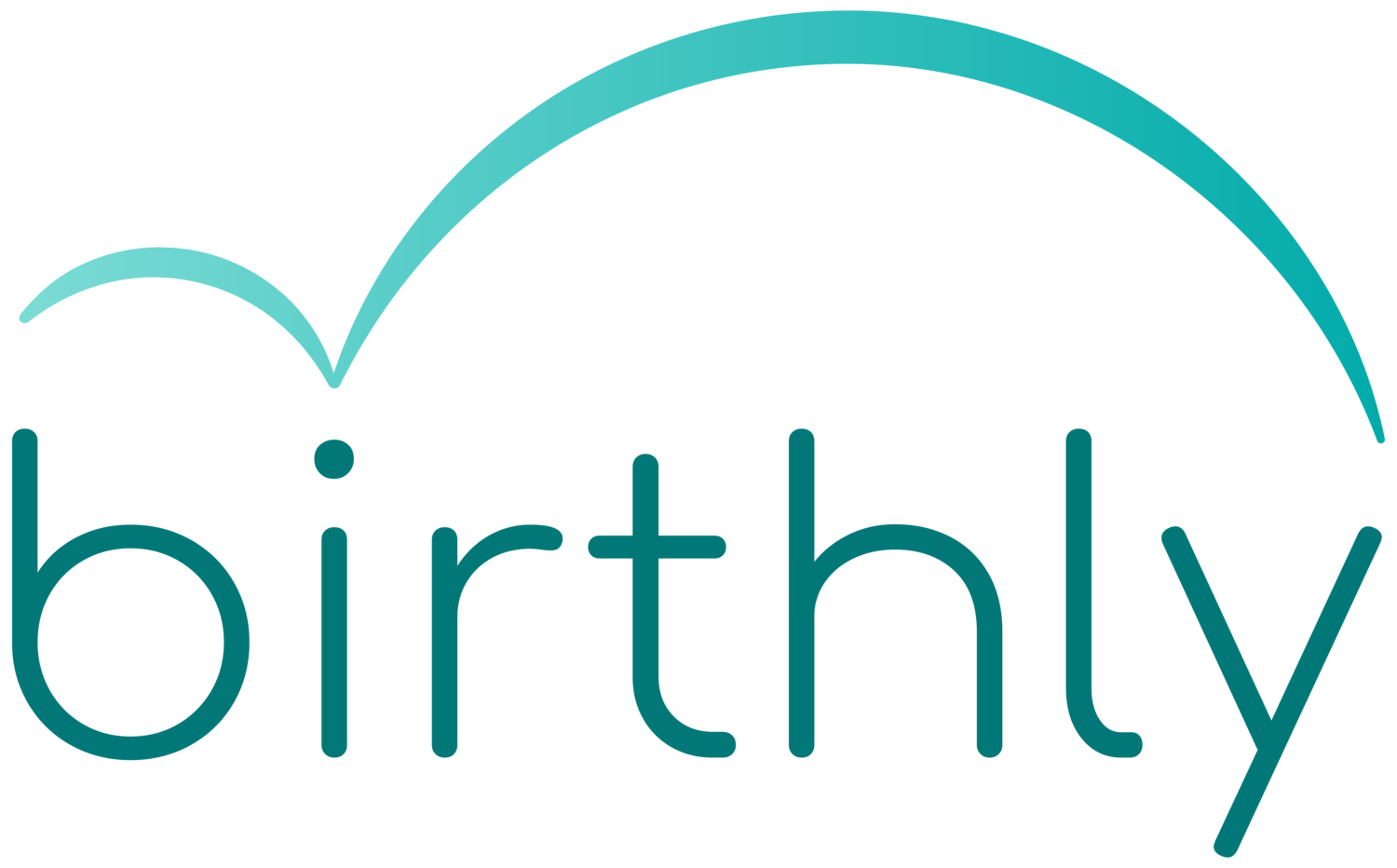Anxiety is incredibly common for expectant mothers at any given point during pregnancy. It can manifest in different forms like worries about the health of the baby or concerns about labor and delivery. Hormonal fluctuations, physical changes, and the anticipation of a major life transition can inevitably illicit feelings of overwhelm! While some level of anxiety is normal, excessive or chronic anxiety can have adverse effects on mother and baby, which is why it is helpful to have easily accessible tools in place to help soothe an anxious mind.
Read MorePregnancy might seem like the perfect reason to sit down on the couch and relax, but the truth is, pregnancy is the perfect opportunity to get moving! As your body goes through all the changes that come with growing a baby, regular exercise helps your body adapt and make your pregnancy experience healthier and more comfortable. Whether you have been exercising regularly or are just getting started, engaging in prenatal exercise is a powerful way to ensure a healthy start for both mom and baby.
Read MoreBefore language comes into play, touch serves as a major method of communication between babies and caregivers. This tendency to sooth and comfort babies with physical touch is instinctual for a reason!
Read MoreBreastfeeding, while natural, is not always easy. Many new mothers encounter challenges like latching issues, pain, engorgement, low milk supply, and even emotional struggles. These difficulties can lead to frustration, self-doubt, and a sense of isolation. As nursing moms navigate their breastfeeding journey, it is so important to have resources for the inevitable question: “where can I find support?”
Read MoreA milestone has been reached in the world of maternal mental health with Zurzuvae (zuranolone), the new FDA-approved pill for postpartum depression (PPD). This once-a-day pill promises a faster and more targeted approach to alleviating PPD symptoms in as little as three days. While this breakthrough is promising, it's important to recognize that PPD is a growing, complex issue that demands a comprehensive response made up of both pharmaceutical and non-pharmaceutical support and resources.
Read MoreBreastfeeding can seem like a simple task, but the reality for a lot of breastfeeding moms is that it can be tough to figure out. Those early days are a huge adjustment period, filled with constant learning and practice as your newborn feeds every two to three hours. While you learn to position yourself, your baby, understand hunger cues, manage your milk supply and take care of your breast health, you are likely wondering, “Does this feel right?”
Read MoreLow milk production is one of the most common and understandable worries of breastfeeding moms. Unlike with bottles, you can’t see the amount of breastmilk consumed, so it’s easy to wonder, “Is my baby getting enough?”
Read MoreProper hydration during pregnancy not only facilitates the absorption of essential nutrients, but also creates a protective environment for your baby in the womb. Neglecting hydration can lead to complications and affect your baby's development, so it’s important to understand why and how to prioritize hydration throughout your entire pregnancy journey.
Read MoreDuring pregnancy, a baby is contained in a sack of amniotic fluid that helps them move and grow while protecting them from outside germs. For the majority of pregnancies, that amniotic sack breaks at some point during labor from the pressure of contractions. This is also known as “membrane rupture” or “water breaking.” However, in 8-10% of pregnancies, the water breaks before the start of labor.
Read MoreYay - you’re pregnant! Now that you know you’re pregnant, you might start to feel overwhelmed by what nutrients you need on a daily basis for your body to handle the extra demands of pregnancy – nourishing both yourself and your growing baby. No need to stress though! I’ve broken down pregnancy nutrition into 3 easy steps.
Read More










